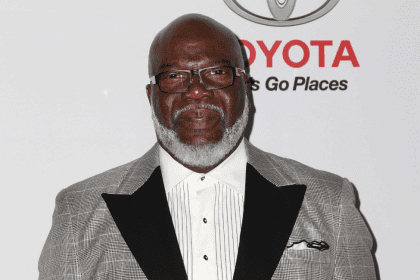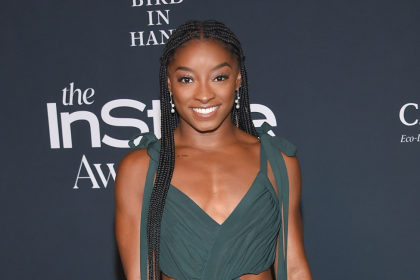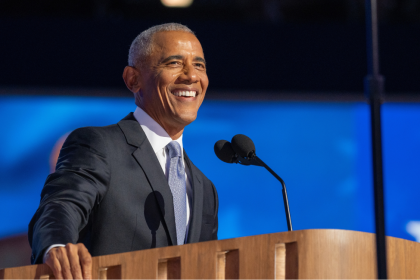
Cynthia Warrick, Ph.D., is passionate about education and uplifting our community. A native of San Antonio, Texas, she has a bachelor’s degree in pharmacy from Howard University in Washington, D.C., a master’s in public policy from Georgia Institute of Technology in Atlanta, and a doctorate in environmental science and public policy from George Mason University in Fairfax, Virginia.
Warrick has worked for more than 20 years in higher education as a faculty member and administrator. In 2017, she was named the seventh president of Stillman College, a liberal arts institution in Tuscaloosa, Alabama. She also has the distinction of being the first female president in the college’s 143-year history.
Rolling out spoke with Warrick about the importance of historically Black colleges and universities and the challenges she’s endured as a female president.
What has been a guiding philosophy that has inspired you and your career path?
My career path was inspired by my dad — an entrepreneur and politician. I worked in his insurance company from seventh grade through high school. As the oldest of four, I was inspired to become a CEO. My guiding philosophy is [to] go where you’re wanted.
What has been your most difficult challenge as the first female president of your institution?
Women in executive leadership positions face many challenges. I have found it difficult to accept that male presidents gain respect much faster than female presidents. Hopefully, as more women assume executive leadership positions, that will change.
What skills are essential for future leaders in our community?
Excellent communication skills are vital for successful leaders. The development of effective intergenerational communication is essential because multiple generations are represented in the workplace today.
As president, what three lessons would you want your students to embody that will prepare them for the real world?
The real world demands today’s students to be bold, consistent and confident. Passion is communicated through boldness, consistency through follow-through, and confidence is developed through education and learning.
What issues facing the Black community could change the most drastically if we united?
There is power in numbers. When the Black community votes in local elections, we have the power to improve education and achieve social justice in our communities.
How relevant are historically Black colleges and universities in today’s society?
HBCUs are as relevant today as their founding. HBCUs educated illiterate freed slaves and produced the Black middle class. HBCUs continue to produce more STEM [science, technology, engineering and mathematics] graduates and professionals than predominantly White institutions. HBCUs are the only space in higher education where young people can grow and learn free from racial and gender discrimination.
With a large number of educated African Americans, why are Black colleges and universities struggling to stay open?
African Americans have made significant strides in degree attainment because of HBCUs. But even with these strides, only 19.6 percent of U.S. Black people have college degrees. HBCUs are challenged today because higher education is expensive, and African American families have not recovered from the 2008 recession.
















